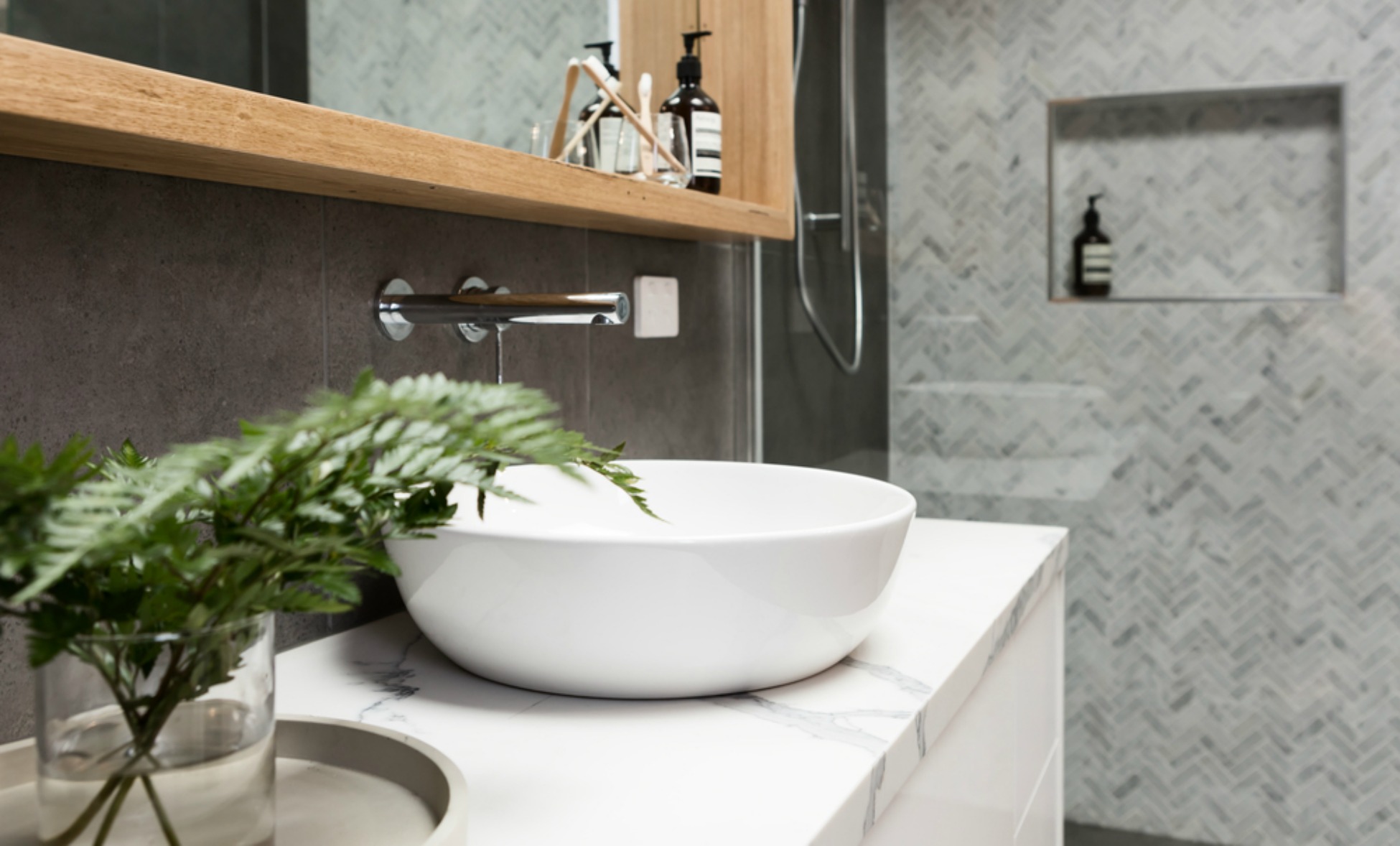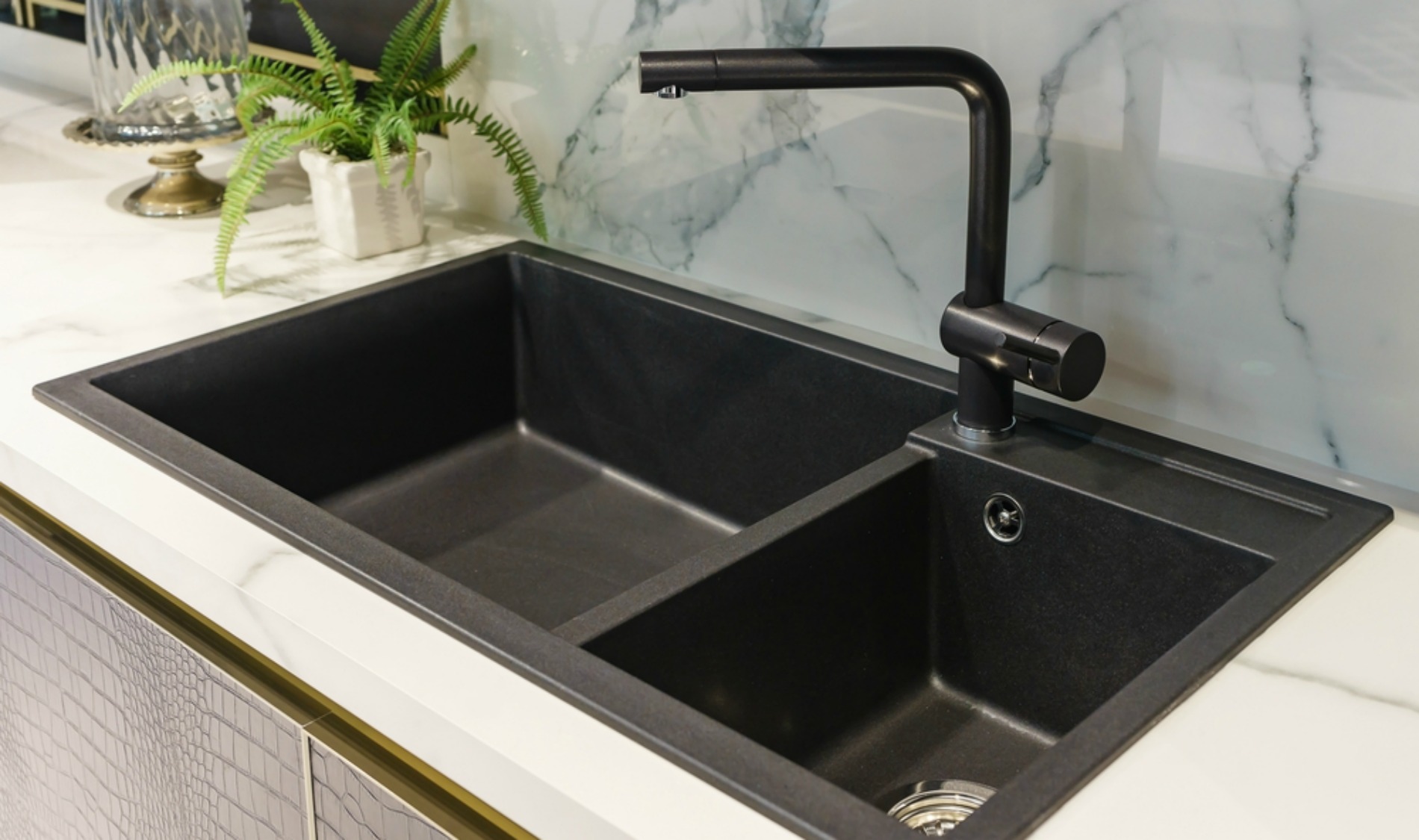Guest Post
There are some domestic crises which you really don’t want to be dealing with in the winter time. Leaky pipes, for instance, are a real nuisance at any point in the year, but they can wreak havoc when temperatures drop. Similarly, a faulty sump pump is never a fun scenario, but it can be much harder to deal with in cold conditions.
This is why plumbing companies stress the importance of careful maintenance throughout the year and proper winterisation when it starts to get chilly. While hiring a professional plumber is relatively easy, the need can be avoided if you just look after your pipes. It is not as hard as you might think, so save yourself the trouble of winter breakdowns.
There are areas of Australia that are more susceptible to hot water unit damage than others, such as Melbourne and New South Wales (if you’re looking to find a plumber in Melbourne, there are several reputable providers available). So, for those in need of assistance, this guide to “winterising” your plumbing will help you take the right steps to protect the pipes.
Keep the Heat On
In very cold conditions, it is actually much safer to maintain a low level of heat, even if you are not going to be in the house. Your central heating can be on the lowest possible setting and it will still make a positive difference. Switching quickly between hot and cold puts a great deal of pressure on the plumbing and this increases the risk of cracks and leaks. If a degree of heat is maintained, it is much harder for pipes to freeze, expand, and burst.
Drain Your Hot Water Unit
This is something that you should be doing at least once every twelve months (preferably twice). Hot water units need draining because they pick up all kinds of debris and sediment from the feed water. It is a bigger problem for homes in hard water regions, but routine drainage is recommended for all. You can carry the task out independently. It is just a matter of opening the pressure valve and catching the water. However, if you are not confident doing this, it is best to call a plumber.
Wrap Up the Hose
When winter arrives, it is a good idea to stop using your outside hose.
It should be disconnected, drained, and stored somewhere safe for when the warm weather returns. The problem with hoses is that any liquid left inside has a tendency to freeze and cause the pipe to expand. It may extend up and into any connecting pipes and faucets as well. For this reason, it is not really worth the risk of a serious breakdown. Don’t forget to shut off any valves which usually lead to the outside hose.
Clean the Sump Pump
To avoid unexpected winter breakdowns, take a look at the sump pump pit just before the seasons change. Ideally, it should be cleaned. If you spot any minor breaks or faults, get them repaired immediately. Sump pump malfunctions can be very serious and cause extremely destructive forms of water damage. They are expensive to clean up after and you’ll probably need to replace the pump too. So, a bit of prevention now is much cheaper than what you might have to pay for repairs.
Don’t Obstruct the Gutters
You’d be surprised at the amount of damage which a simple clogged gutter can do.
When water builds up behind a blockage, it eventually starts to spill over and down the side of the house. If there is enough water, it will pool around the foundations and this can cause serious trouble for families with basements. Fortunately, all you’ve got to do to avoid it is clear your gutters of leaves, dirt, and debris on a regular basis.
Why Good Plumbing Is All About Routine Maintenance
If you want to keep your pipes in tip top condition and avoid winter breakdowns, give your plumbing a little TLC. The more care that you show your home, the less chance there is of important systems and components failing on you. The trick is to monitor and maintain so that, if problems do occur, you spot them as quickly as possible.







